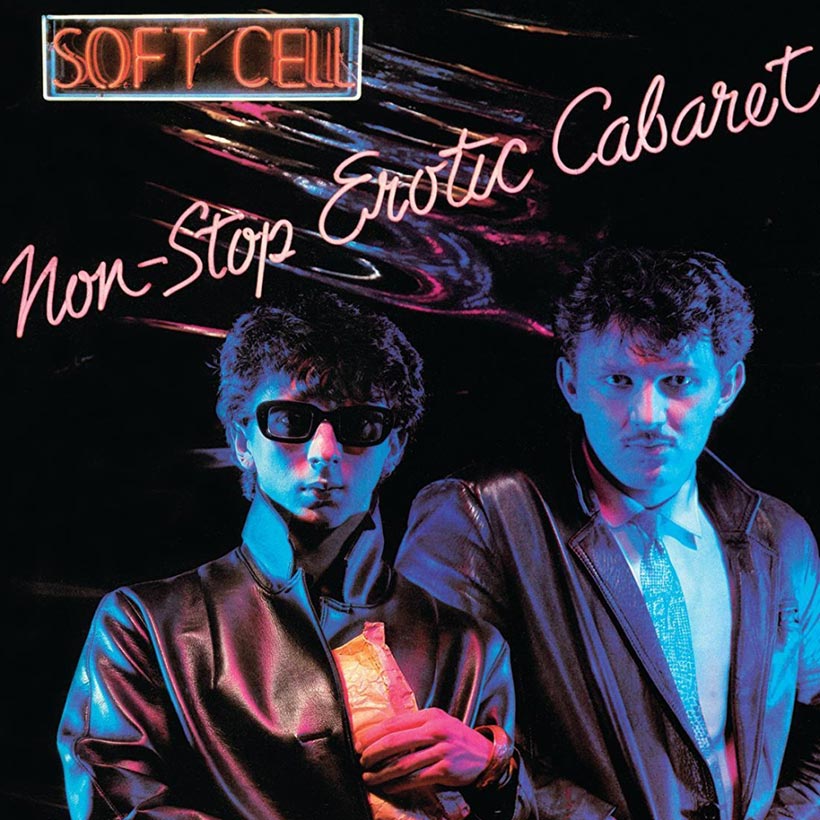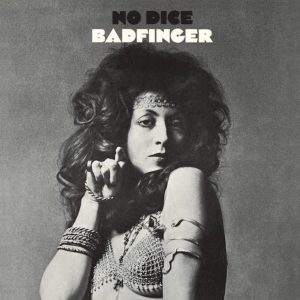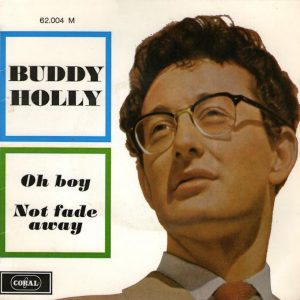“I just couldn’t believe it. I lay in bed, laughing,” Dave Ball recalled, in a 1984 biography of Soft Cell, on hearing the news that “Tainted Love” had topped the UK charts. It clearly hadn’t been planned this way. Soft Cell’s decision to record a zesty cover of the Gloria Jones Northern soul classic had unexpectedly catapulted Marc Almond and Dave from the fringes of the synth-pop and indie movement into the high-pressure universe of Top Of The Pops and Smash Hits, unwittingly sending them on the path towards recording their debut album, Non-Stop Erotic Cabaret.
Listen to Non-Stop Erotic Cabaret on Apple Music and Spotify.
“We were two nobodies people thought would never get a No. 1 in a million years,” Marc said in the same book. So when their record label suggested New York might be the perfect place to record the album required to follow the huge success of the single, it was maybe inevitable the pair jumped at the chance; perhaps they thought they might not get the opportunity again. And New York, after all, seemed to capture the frenetic and sometimes dangerous scenes Soft Cell were drawn to.
“A glimpse into a seedy world”
Traces of a lack of ambitious self-belief are in no way evident in the classic 10-track album that emerged on November 27, 1981. With recording starting only a couple of months earlier in studios once used by Jimi Hendrix, most of the material had been picked with producer Mike Thorne ahead of the trip. The album’s title had also been fixed, with Dave and Marc seizing on a street sign in Soho as the muse for the record’s murkier themes. “We wanted the album to be a peep-show of sounds; a glimpse into a seedy world; a soundtrack to a striptease clip joint; a well-thumbed diary of glimpses through a red-lit doorway,” Marc said in his Tainted Life autobiography.
That symbolism came through loud and clear on a collection of largely percussive club grooves that captured the new rules of the dancefloor that were shaping around a harder, more urban direction. The record’s clippy synths sometimes offered a lightweight base for Marc’s expansive lyrics. With that structure at its most fragile, a track such as “Entertain Me” seems frenzied, hypnotic and almost too frenetic, but on the album’s second hit single, “Bedsitter,” it offers the perfect anchor to a song dripping in evocative imagery.
That imagination would get the band into trouble. Non-Stop Erotic Cabaret was supported with a full-length video collection, and the song “Sex Dwarf” got hammered in the British Sunday tabloids for its provocative imagery. It seems no one got the irony… Perhaps, like a heavy night out on the town, Soft Cell could sometimes get carried away with themselves, with everyone else missing the joke.
Subversive but accessible
With a title the likes of Non-Stop Erotic Cabaret, sexual themes obviously predominate, but the real heart of the project comes from some keenly observed slices of social commentary. The riff-heavy “Secret Life” is less about a kinky sideline and more about a personal schism deepened by needs that prove impossible to satisfy. “Bedsitter,” despite record company resistance against its being the follow-up to “Tainted Love,” proved another big hit; you’d be hard pressed to discover a sharper slice of social observation in any Top 40 before or since.
Perhaps the best song on the album, however, is the final number, “Say Hello, Wave Goodbye”: a bona fide classic and something of a signature song for Marc, who knows he can’t finish a concert to this day without revisiting it. “Say Hello, Wave Goodbye” followed the No. 4 “Bedsitter” with a UK chart high of No. 3 and was later covered by David Gray, cementing its reputation as the second most famous Soft Cell song.
Nothing to be scared of
Now, almost 40 years on, how should one view Non-Stop Erotic Cabaret? For many, the band will forever be identified with “Tainted Love”: a thousand punishing school discos and hen nights cementing its position in our collective psyche. For anyone prepared to dig a bit deeper, the album remains one of the most subversive but accessible pop collections ever released off the back of an international mega-hit. The themes can be challenging, but there’s a touch of cabaret about the escapade that neuters some of the darker erotic charge. Synth-pop was rarely this murky and, if the record’s dance structures are bound up in the innovation of the time, Non-Stop Erotic Cabaret has actually aged remarkably well. It remains the easiest entry point for a duo whose work would get increasingly agitated in the two full follow-up albums that would be released ahead of their first split in 1984.
With a UK chart peak of No. 5, and 46 weeks on those listings, Non-Stop Erotic Cabaret has been reissued a number of times over the years since, most notably in 2008’s deluxe edition, which pulled in some of the material from the Non-Stop Ecstatic Dancing mini-album that emerged the following summer and acted as a companion piece to the debut. Non-Stop Erotic Cabaret won’t win any awards for subtlety, but its teasing narrative, insistent synth riffs and knockout melodies give it a tight, focused impact to this day. Soft Cell were always too knowing to hold on to a passport to teen stardom for long, but the album marks the high-water mark of their commercial peak, yet its lyrics are among Marc’s most evocative.
“It was good to hear [“Say Hello, Wave Goodbye”] being played among all the shallow pop. The business pop,” Marc later said. Non-Stop Erotic Cabaret proved that, back then, the pair could create challenging musical stories with something different to say that still did the business. As the on-off duo prepare to wave goodbye one final time, the magic of that moment hasn’t dimmed and the seduction is as delicious as ever. Not one to share with your mum, maybe, but nothing to be scared of, either…




